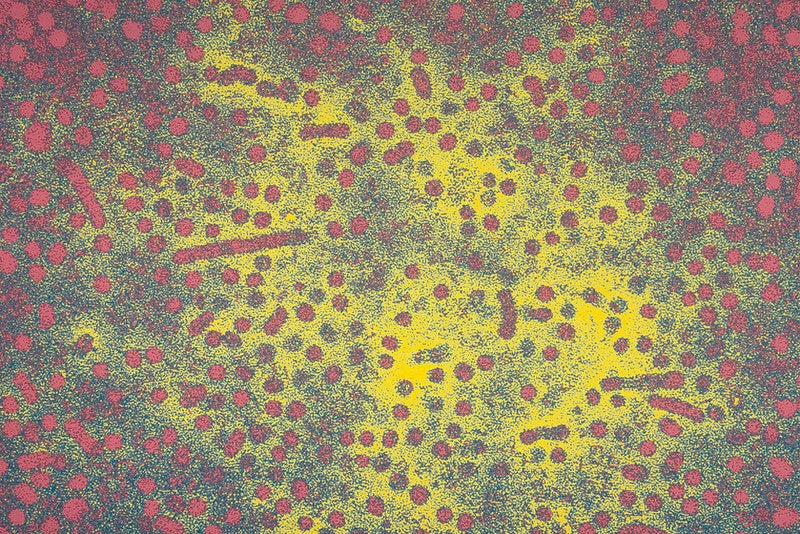
Dicerna Pharmaceuticals has started dosing patients in a Phase I clinical trial of its investigational therapeutic DCR-HBVS to treat adults with chronic hepatitis B virus (HBV) infection.
DCR-HBVS is a GalXCTM-based therapy. It consists of one GalXC molecule that targets HBV messenger RNAs within the HBsAg gene sequence region.

Discover B2B Marketing That Performs
Combine business intelligence and editorial excellence to reach engaged professionals across 36 leading media platforms.
Named DCR-HBVS-101, the randomised, placebo-controlled three-part Phase I trial is assessing the safety and tolerability of the therapeutic in healthy volunteers, as well as in chronic HBV patients.
The study’s secondary objectives are pharmacokinetic profile, preliminary pharmacodynamics, and antiviral efficacy on plasma levels of both hepatitis B surface antigen (HBsAg) and HBV DNA in blood.
During the first part of the trial, 30 healthy volunteers will be administered with a single ascending-dose of DCR-HBVS or placebo, with a four-week follow-up. The first healthy volunteer was dosed in January this year.
The second part involves a single-dose arm where eight HBV patients naïve to nucleoside analogue therapy will receive a 3mg/kg DCR-HBVS or placebo, with at least 12 weeks of follow-up. Dosing in this group is expected to be started in the third quarter of this year.

US Tariffs are shifting - will you react or anticipate?
Don’t let policy changes catch you off guard. Stay proactive with real-time data and expert analysis.
By GlobalDataIn the third multiple ascending dose group, 18 patients already being treated with nucleoside analogs will be given DCR-HBVS or placebo, with a follow-up period of 16 weeks or more. The first patient dosed was from this arm.
Dicerna Pharmaceuticals chief medical officer Ralf Rosskamp said: “Based upon our encouraging preclinical data with DCR-HBVS and our initial experience with the healthy volunteers who are enrolled in this trial, we are optimistic about the clinical potential of RNA interference as an innovative approach to effectively treat chronic hepatitis B virus infection.”
Proof-of-concept results from the Phase I DCR-HBVS-101 study are anticipated to be available in the fourth quarter of this year.





